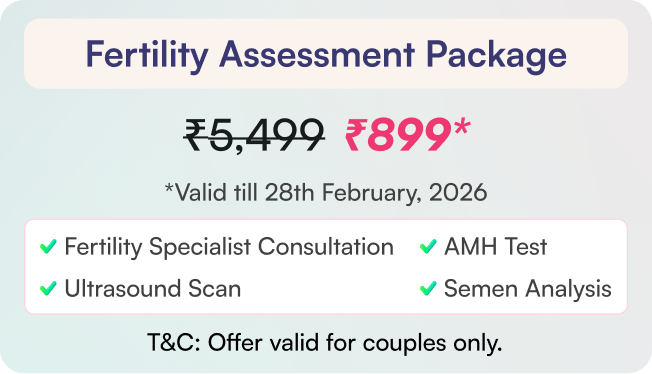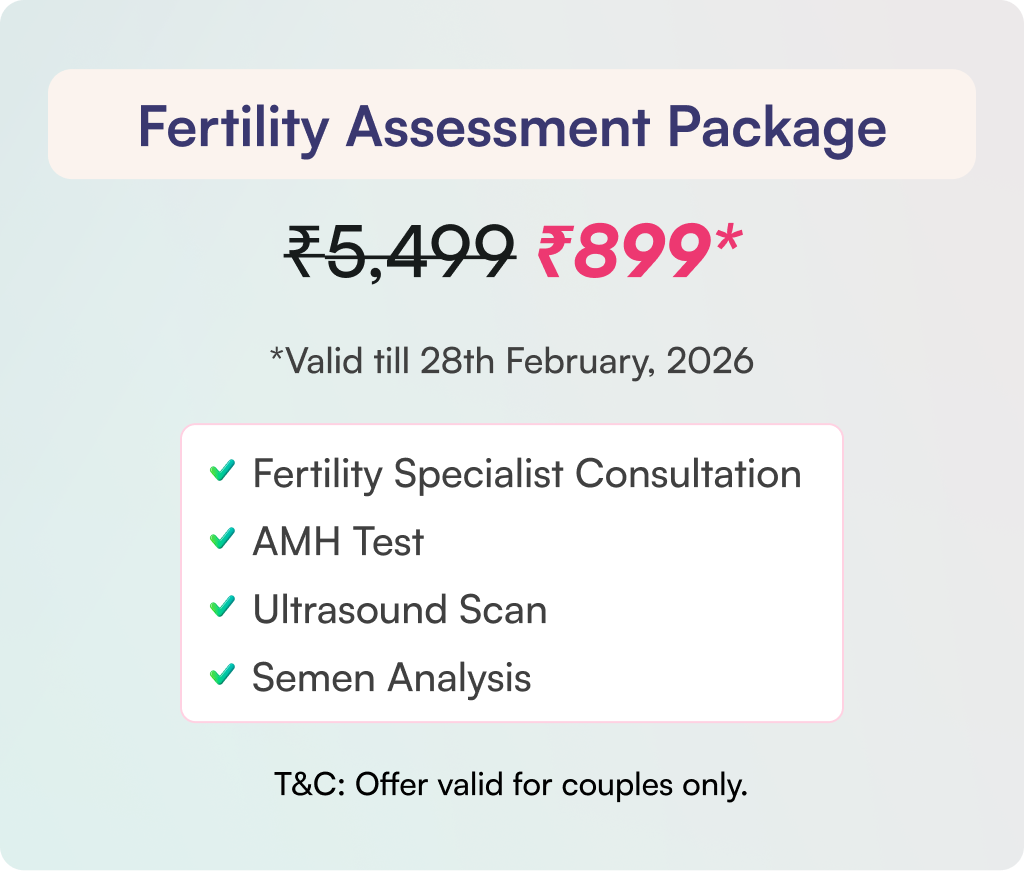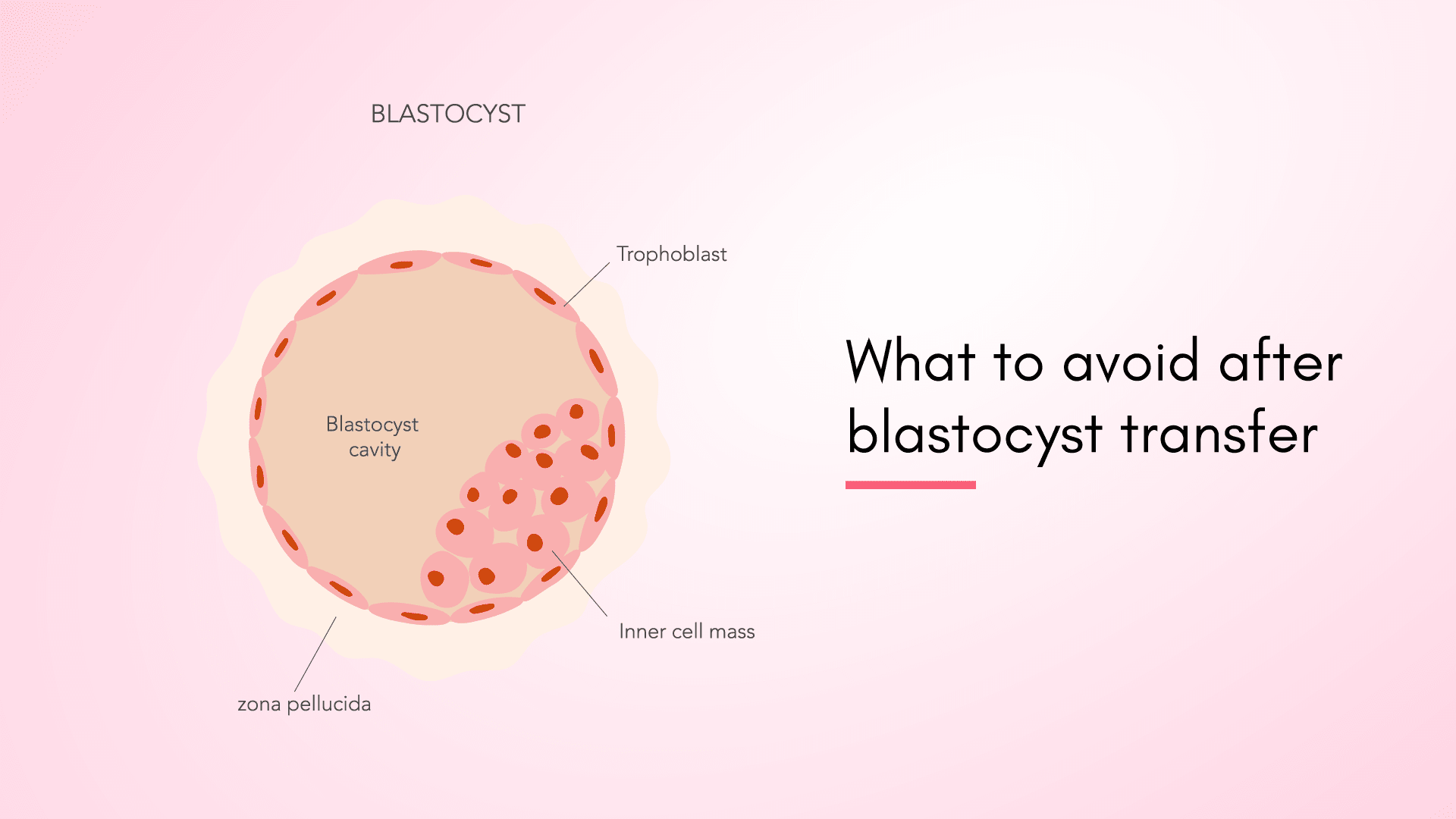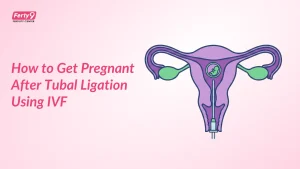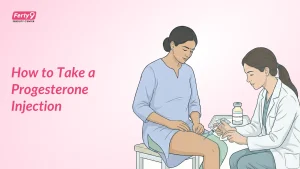Why is Post Transfer Care Important?
The process of transferring embryos to a woman’s uterus to achieve conception is known as embryo transfer. The embryo transfer is the final stage in the IVF procedure. Embryos can be transplanted after three to seven days of laboratory culture. Blastocysts are older embryos, having developed for at least five days. New improvements in reproductive lab equipment have made it simpler to get embryos to the blastocyst stage before transferring them. Transferring blastocysts rather than early-stage embryos provides more time to assess the embryo’s quality. This enables the specialist to select the most viable embryos for transfer, increasing the likelihood of implantation success.
Once the embryo transfer is completed, the wait for pregnancy begins. It takes two weeks to determine whether the blastocyst transfer procedure was successful. It is crucial that we take care of ourselves at this time. To some extent, pregnancy success following an embryo transfer is unrelated to the care you take. Still, there are certain measures that should be taken following embryo transfer. The essential measures performed following embryo transfer include
- Eat a healthy and balanced diet
- Getting enough rest and enjoying long hours of sleep
- Taking medication, especially folic acid supplements
- Stay clear from heat and dangerous substances
- Be mindful of toxins that affect the endocrine system (hormones)
Things to Avoid After Blastocyst Transfer
Physical Activities
During the early years of IVF, patients were recommended to rest after blastocyst transfer, but as understanding and studies in this field have grown, it has been demonstrated that bed rest has no effect on pregnancy improvement and that patients can continue regular day-to-day activities following embryo transfer.
Heavy Lifting or High-Intensity Workouts
Fertility doctors advise against high-impact workouts like aerobics or strength training during and after treatment. The type and length of exercise vary depending on an individual’s medical history, so queries should be addressed to their doctor.
Avoid Certain Foods and Drinks
Some particular high-fat items that should be avoided during the post-transfer period are fried foods, snack foods like chips and crackers, processed meats, raw seafood, full-fat dairy products, and high-fat baked goods like cakes and pastries. Avoid sugary or fizzy drinks and excessive caffeine intake.
Also read: What to eat after embryo transfer IVF?
Avoid Smoking and Alcohol
Alcohol is absolutely contraindicated since it can interfere with the embryo’s capacity to implant in the uterus. In addition, if the pregnancy is successful, there may be risks to the growth of the fetus. Though studies suggest that there is no significant impact of smoking on the success of embryo transfer, a few recent studies suggest that it reduces endometrial thickness on the day of the embryo transfer, lowering the likelihood of pregnancy and raising the risk of implantation failure.
Avoid Excessive Stress
Stress throughout IVF therapy is typical. Most studies show that stress has little influence on blastocyst transfer, fertility, and IVF cycles. Anxiety and tension during embryo transfer do not appear to influence pregnancy rates in IVF/ICSI cycles. However, high stress levels may have a negative impact on your fertility and implantation. Reduce these scenarios by providing a quiet and serene environment.
Medications and Supplements
Hormonal medications and supplements such as folic acid, vitamin D, and fish oil are common medications administered following embryo transfer. Discontinuing these medicines, as well as using additional drugs randomly after embryo implantation, is not recommended.
Avoid Sexual Intercourse
Immediately after your blastocyst transfer, you should avoid having intercourse or using anything in your vagina, such as tampons or douches, until you get your pregnancy test. Most IVF patients can resume regular sexual activity a week or two following their embryo transfer; however, always check with your doctor.
Avoid Hot Baths and Saunas
Avoid exposing your body to extreme heat, such as hot water baths, saunas, or hot tubs. Elevated body temperature may have a harmful influence on embryo implantation. Take warm or lukewarm showers instead.
Also read: How Hot Bathtubs Can Impact Male Fertility
Avoid Vaginal Douching
Avoid vaginal douching as it disrupts the natural balance of vaginal flora. This practice can increase your risk of infections by altering the healthy microbiome. Maintaining your body’s natural cleansing process is more beneficial for vaginal health.
Conclusion
Though beginning an IVF journey may be challenging and stressful, following a few crucial measures can make it effective and fruitful. While many factors come into play, being attentive to what you eat, especially after blastocyst (embryo) transfer, can have a huge influence on the outcome of your journey. Similarly, avoiding high-intensity activities and avoiding undue stress can pave the road to success.
